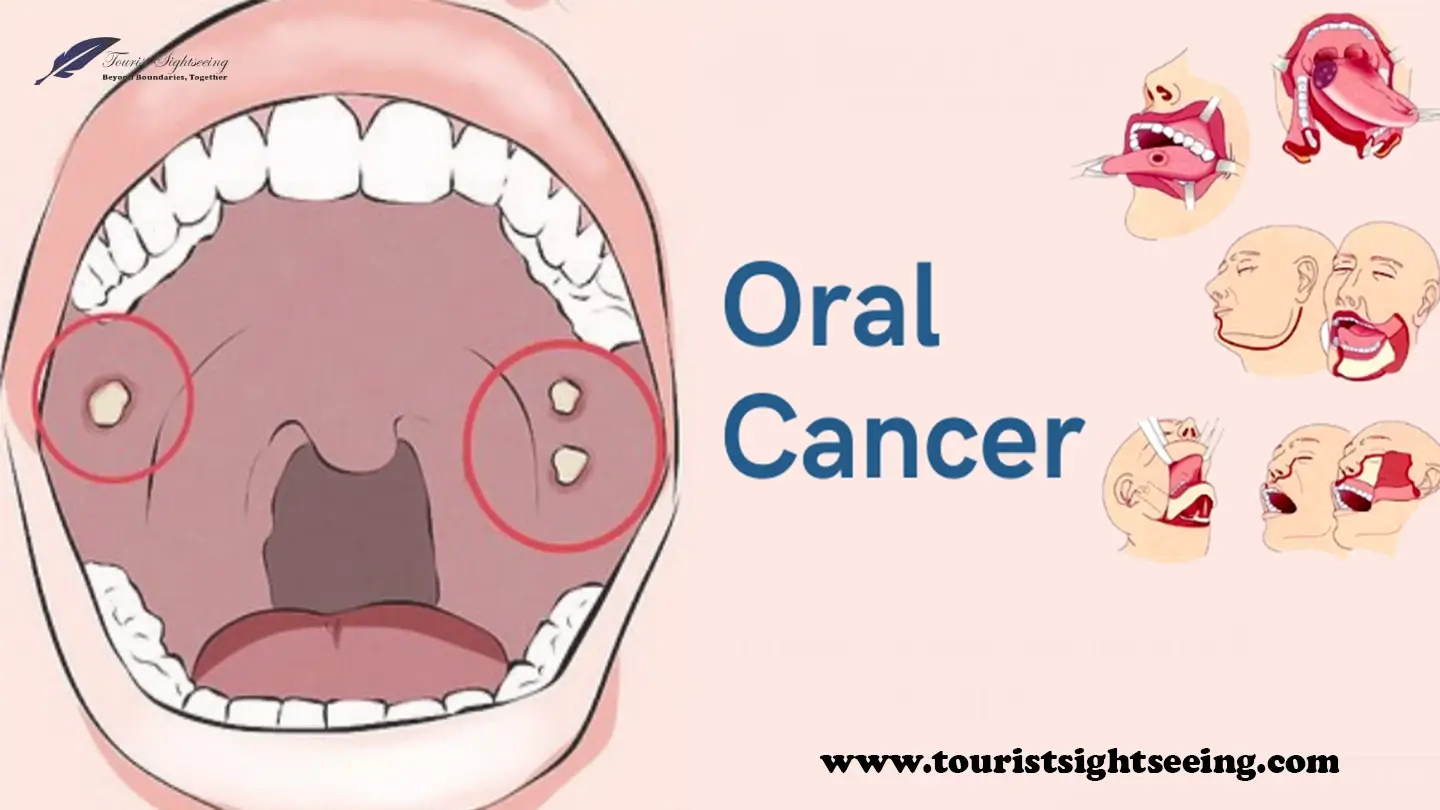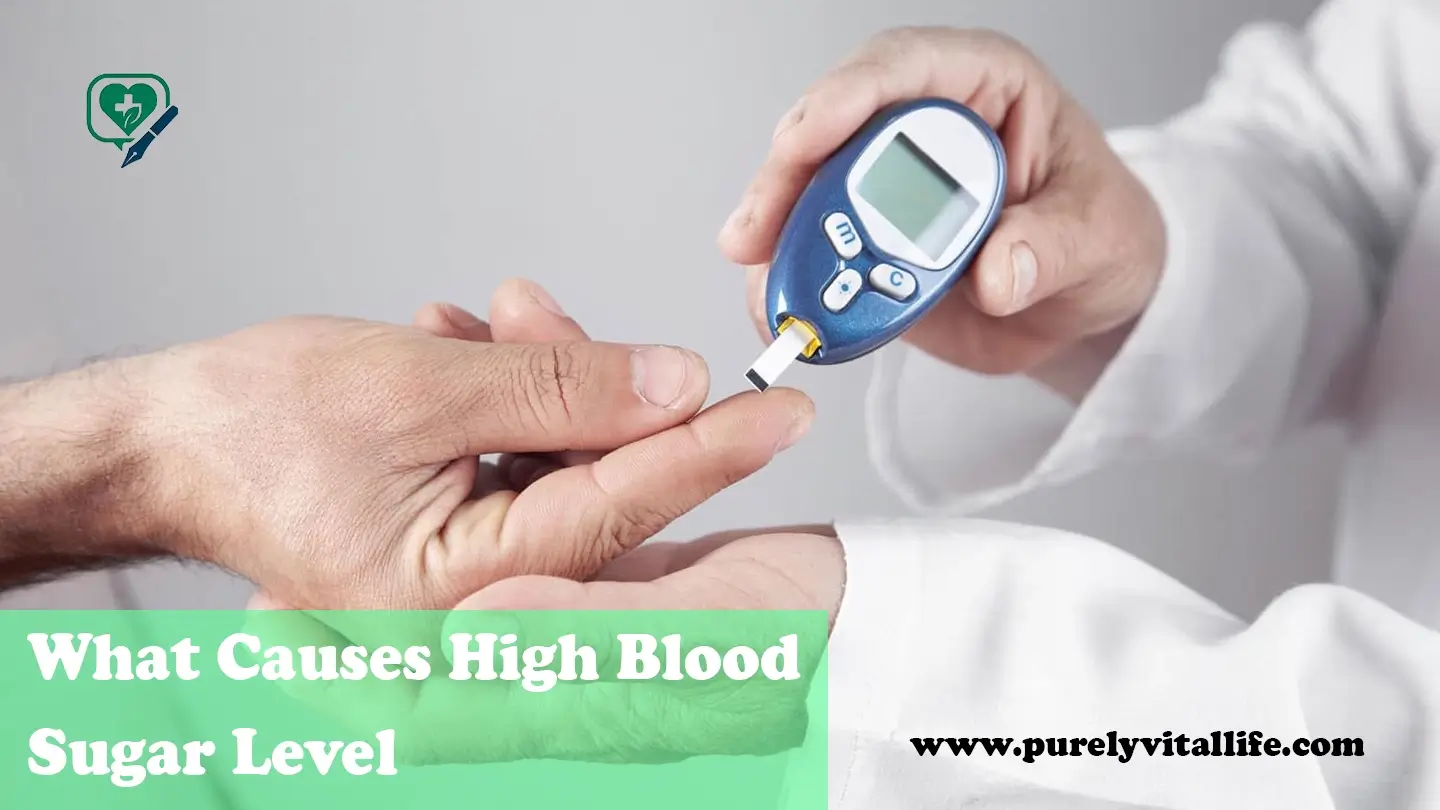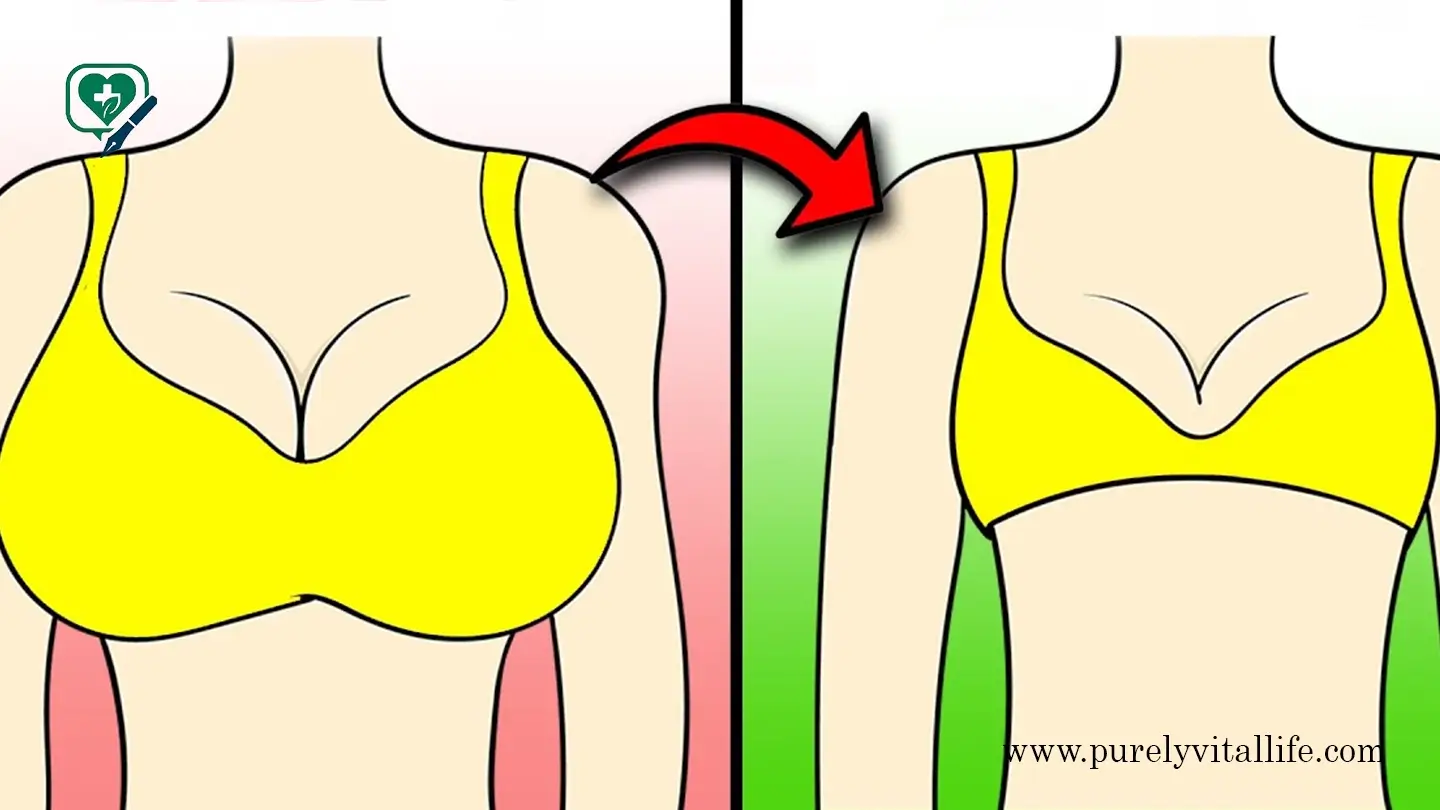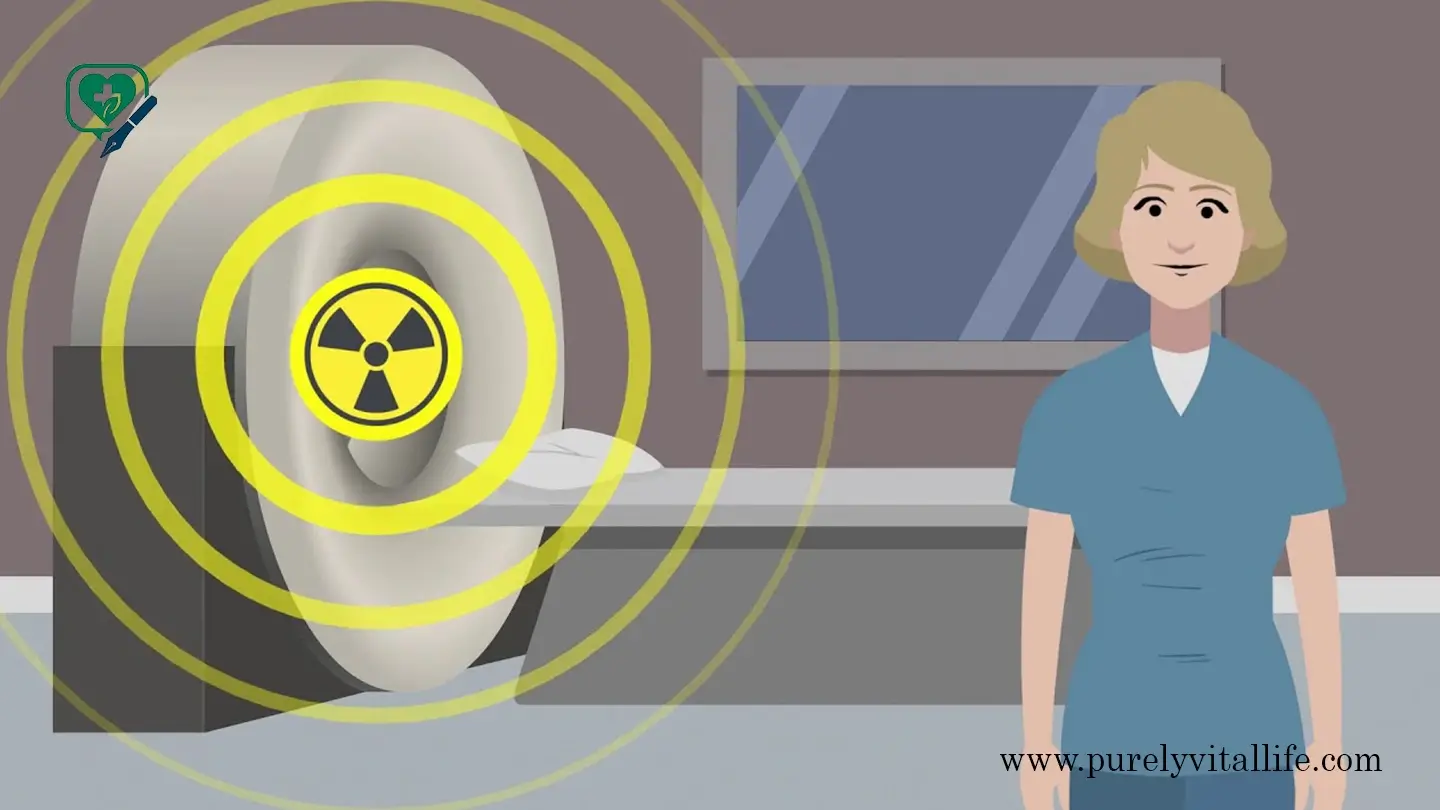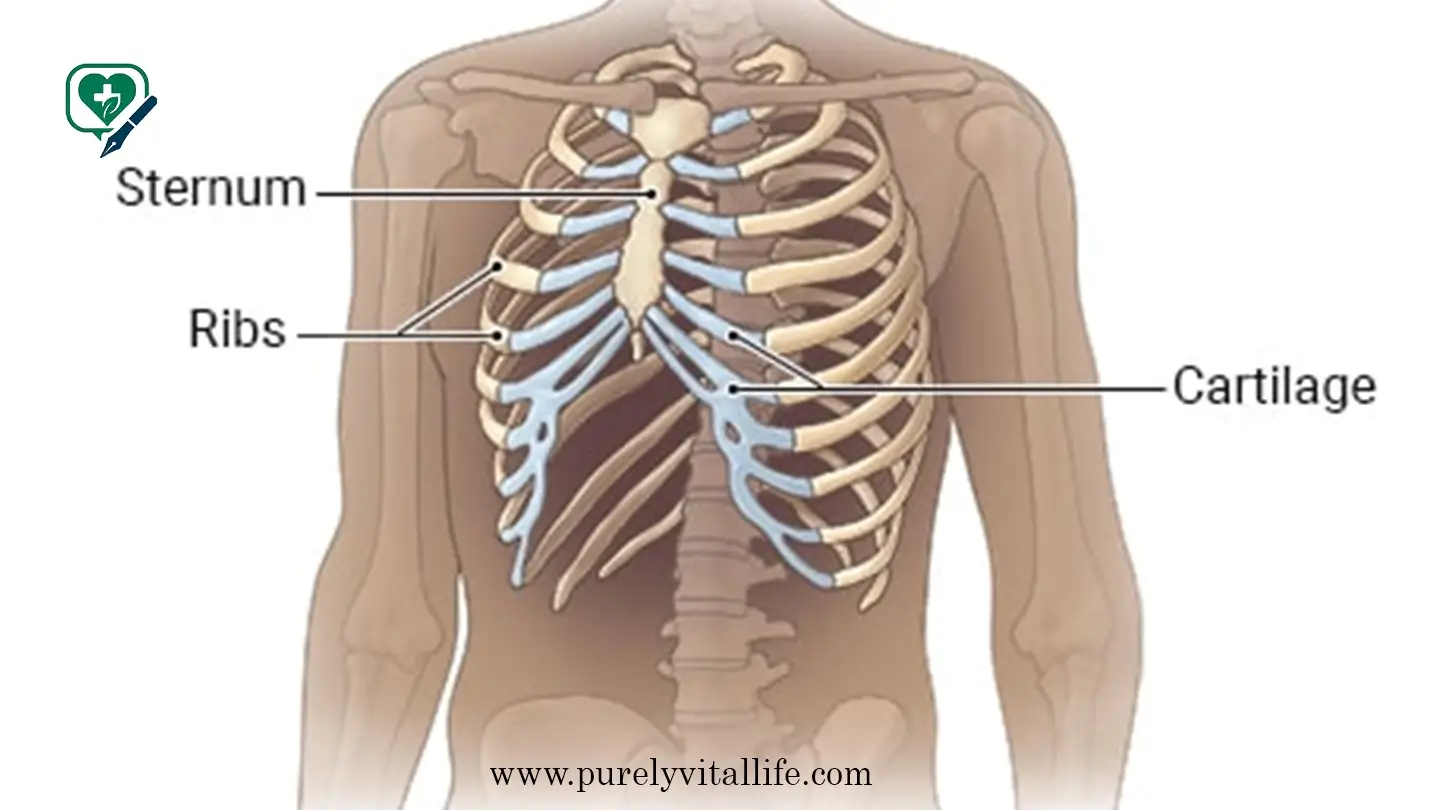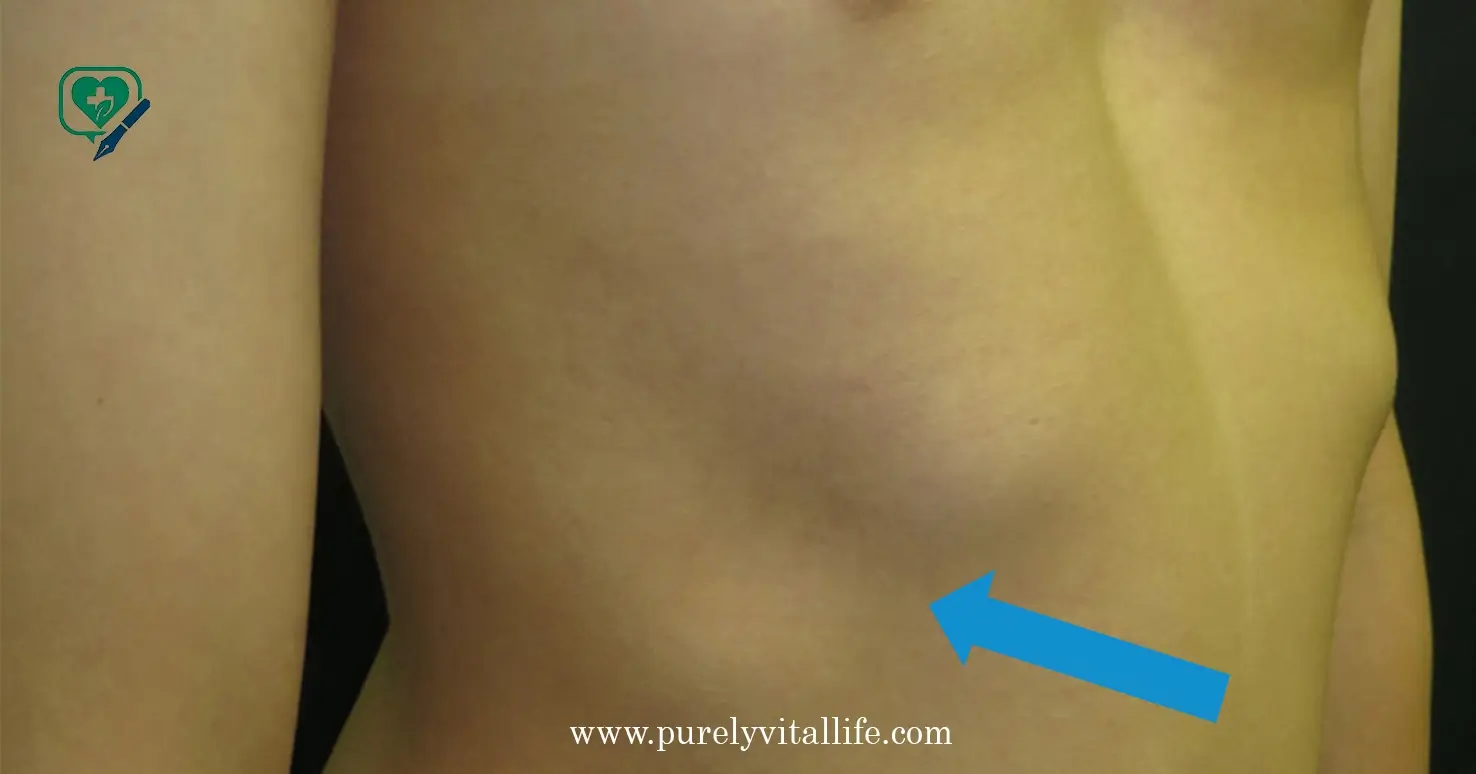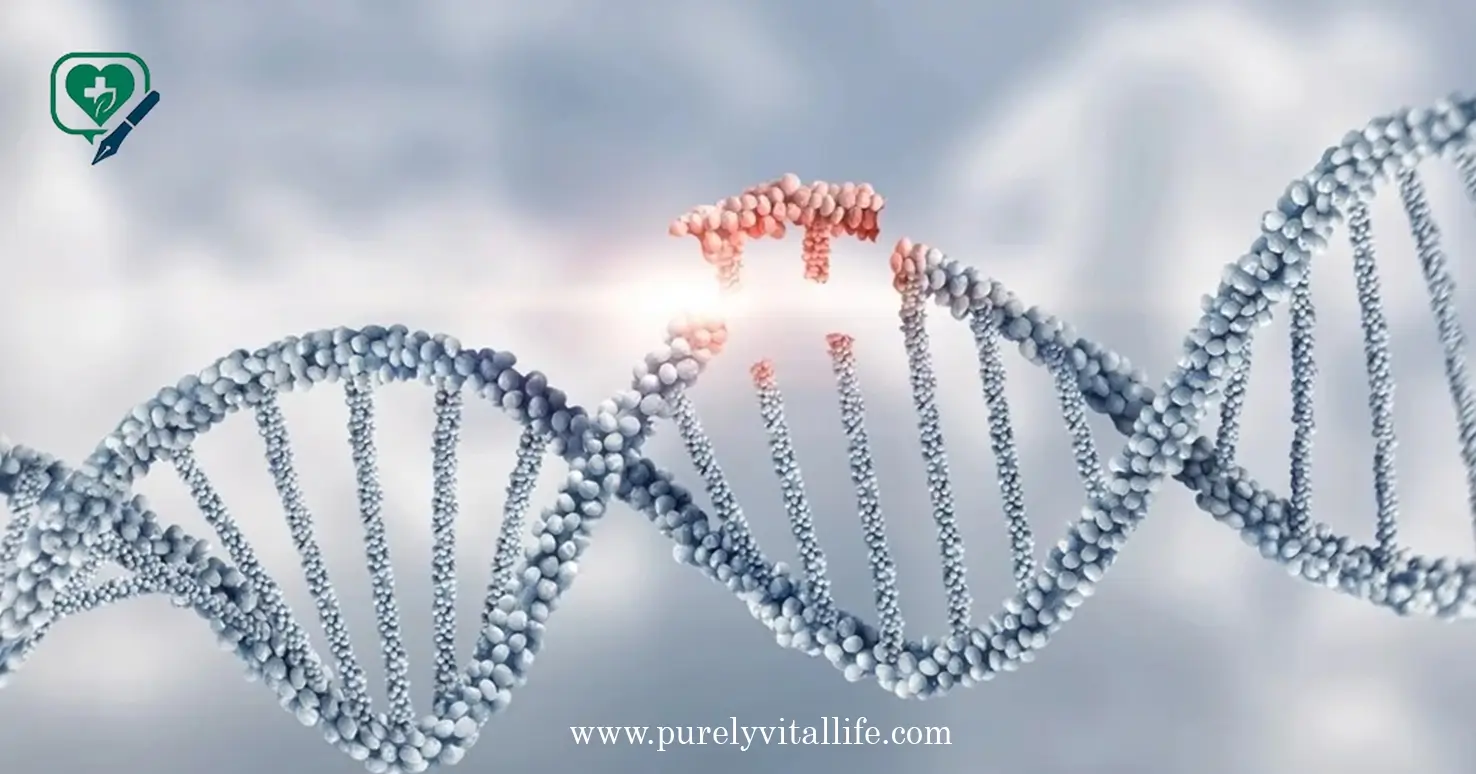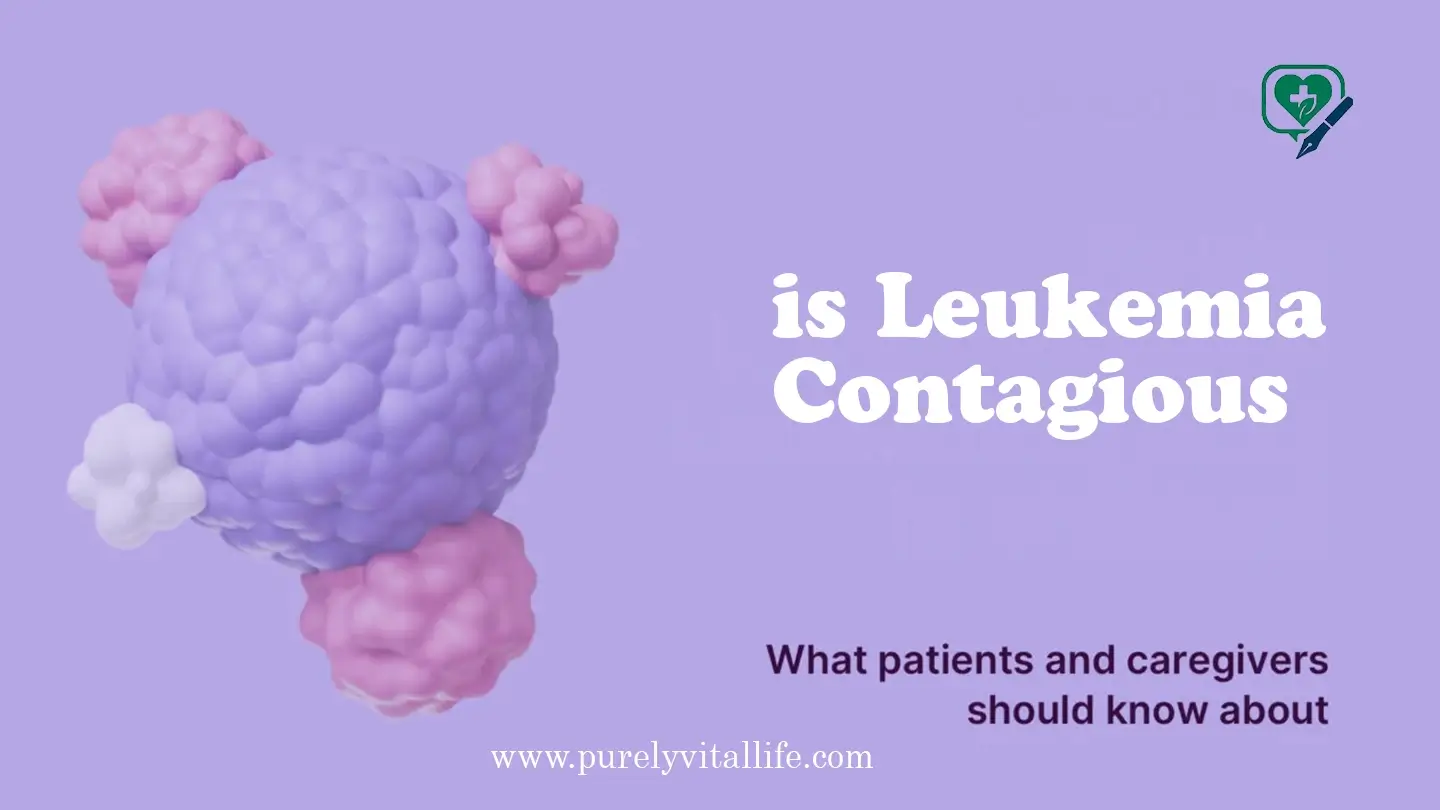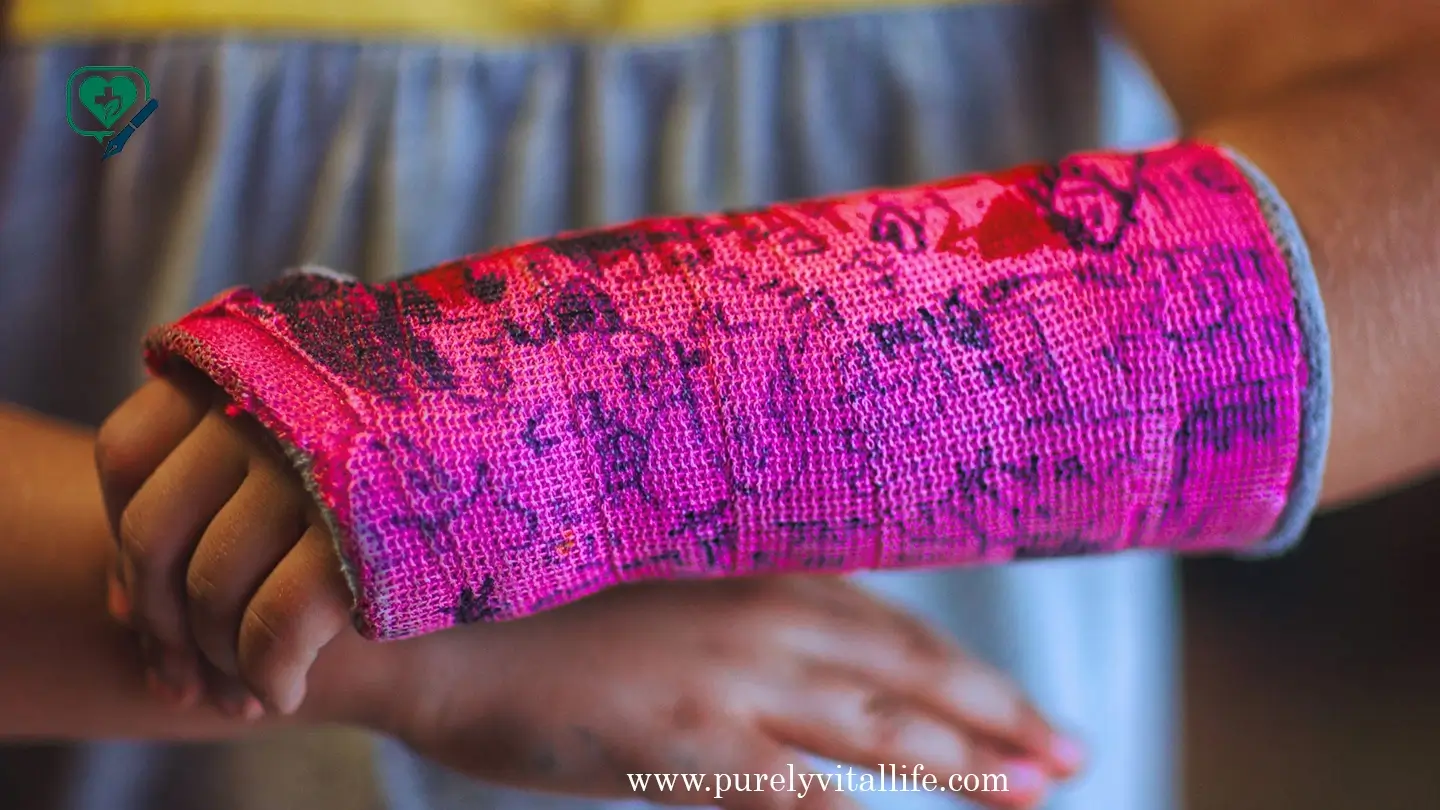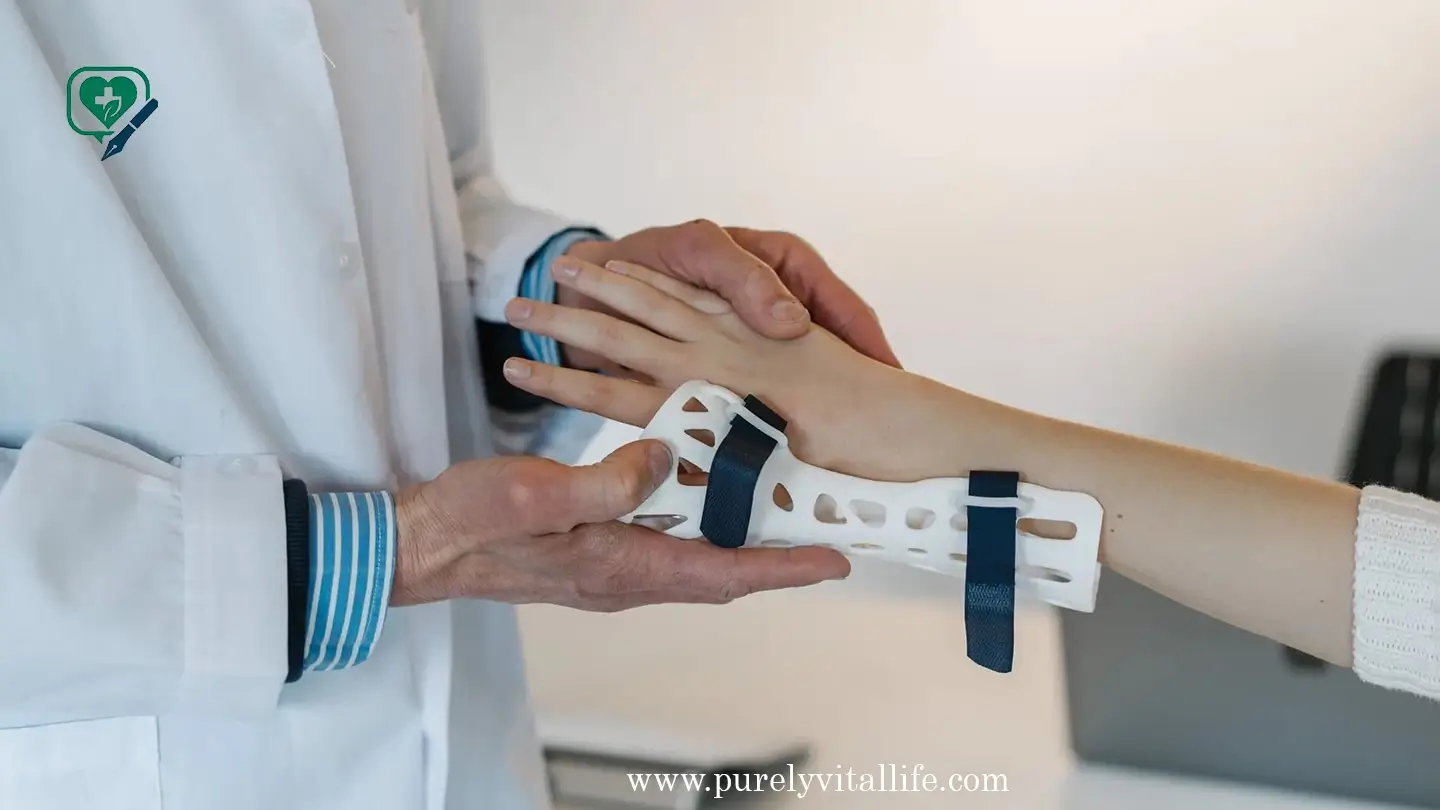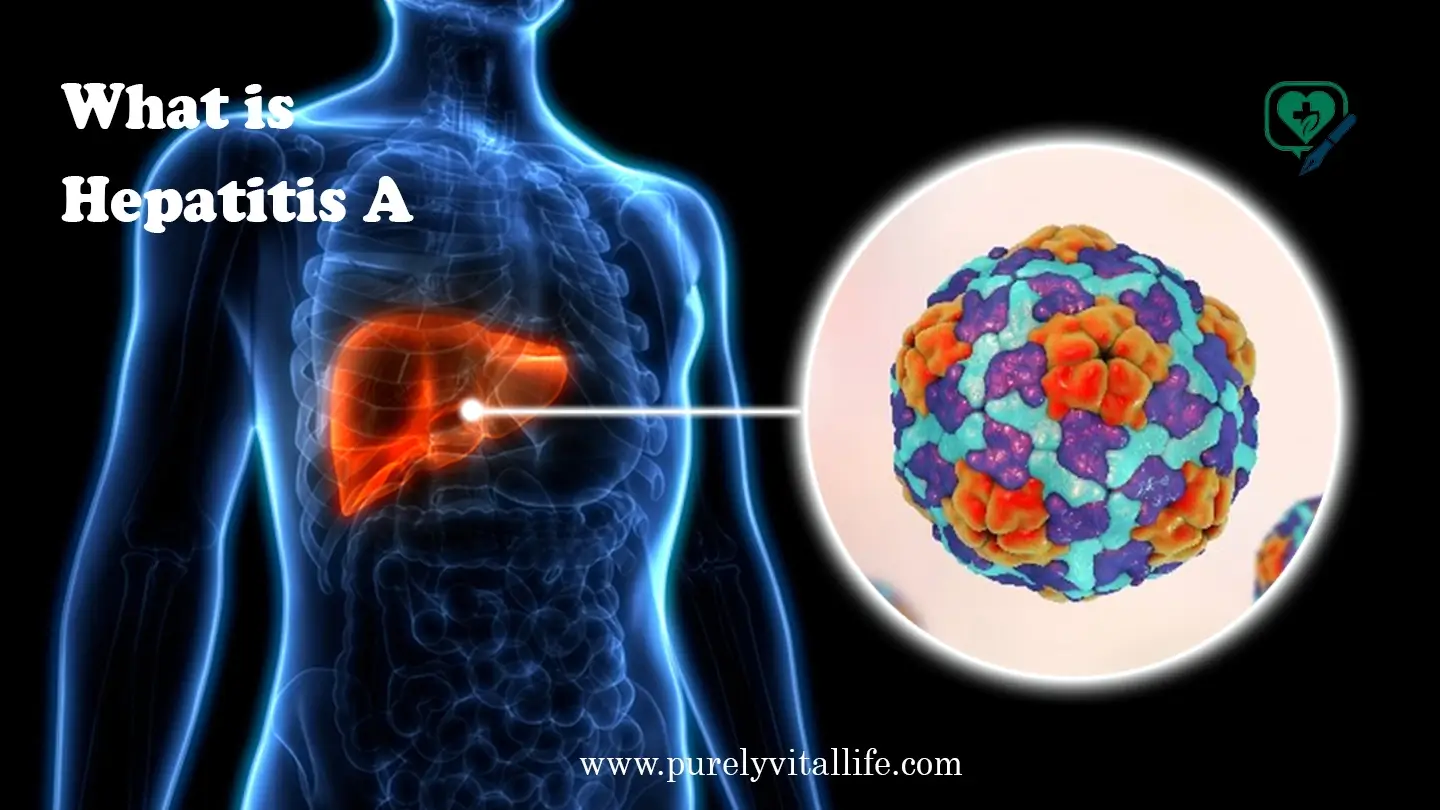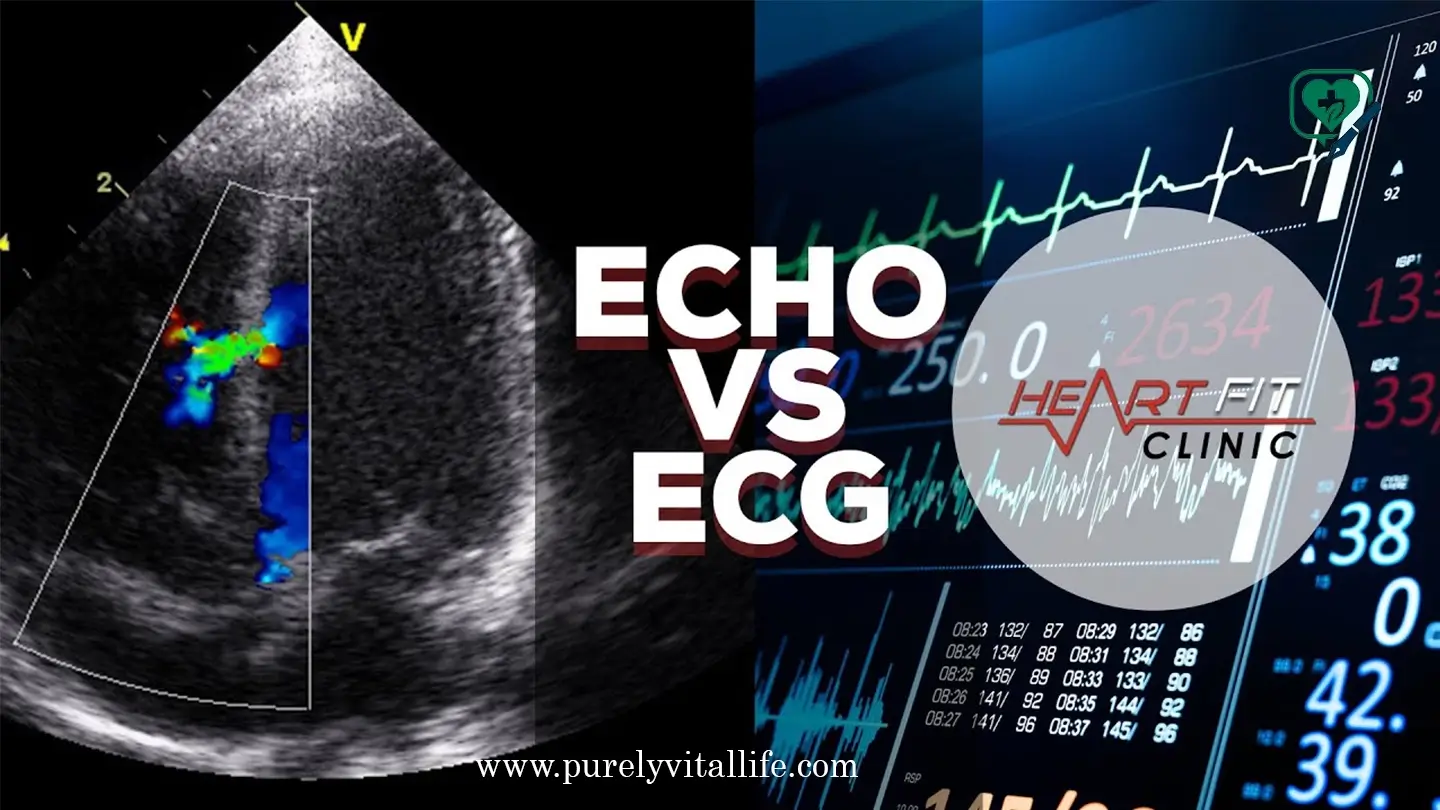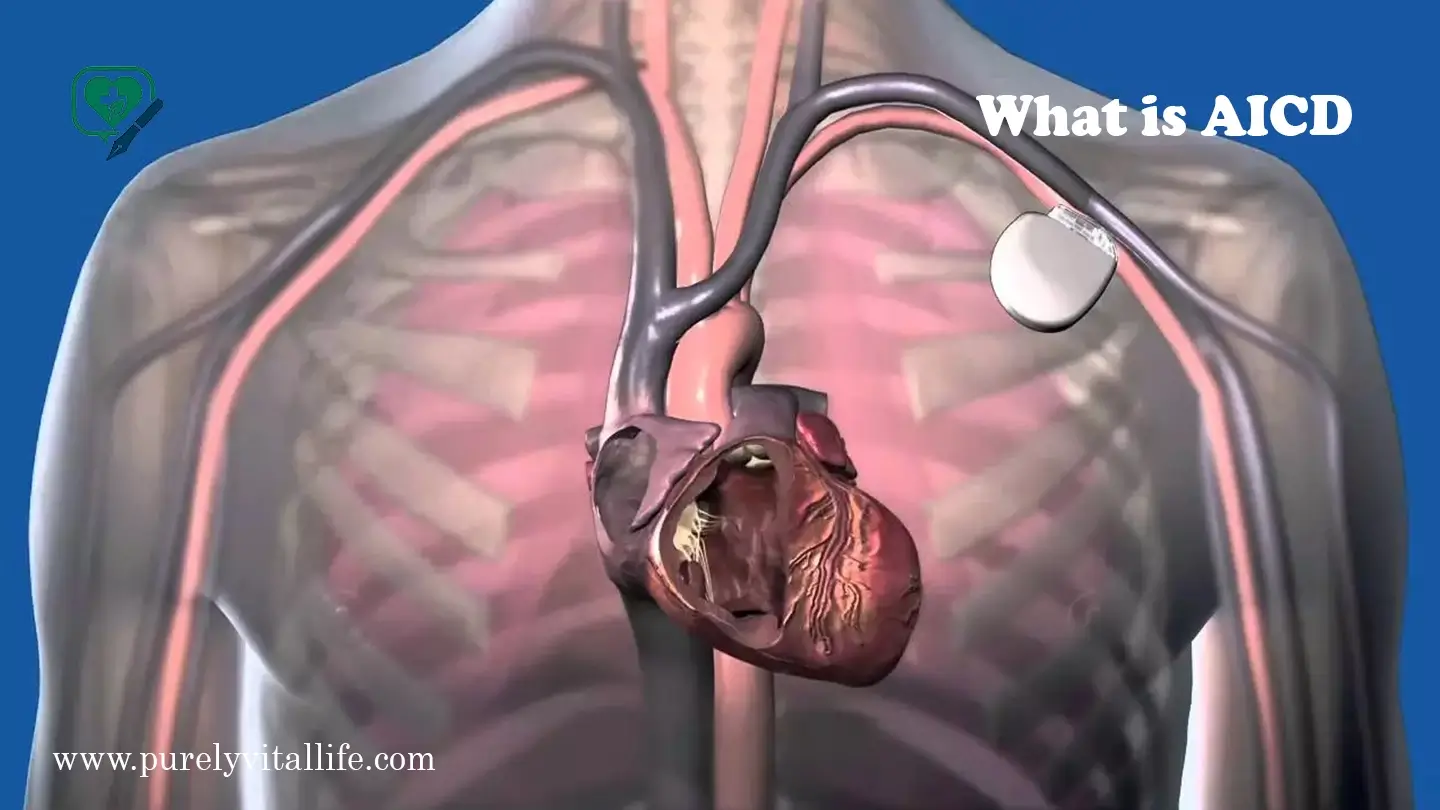
Introduction to aicd medical abbreviation:
At Purely Vital Life, we believe in demystifying medical terminology to make life simpler for all of our customers. One such term that often causes confusion for patients and caregivers alike is AICD: Automatic Implantable Cardioverter Defibrillator; it serves to save lives when implanted in those suffering from serious heart conditions. This article will help you clearly understand what the AICD medical abbreviation means, how it works, when doctors use it, and why it’s important in heart care.
Also Read About EKG vs Echocardiogram: Understanding Heart Tests That Save Lives — >>>
Understanding AICD Medical Abbreviations:
What Is AICD? mes AICD refers to an implantable cardiac rhythm management device used to monitor and correct irregular heart rhythms. Doctors usually place an AICD in people who might suddenly have a dangerous heart problem, like ventricular tachycardia or ventricular fibrillation. These problems can make the heart beat too fast or unevenly. two forms of dangerous arrhythmias.
An AICD goes beyond simply regulating a slow heartbeat by being able to detect life-threatening, fast rhythms. If that happens, the AICD sends electric shocks to help the heart beat normally again.
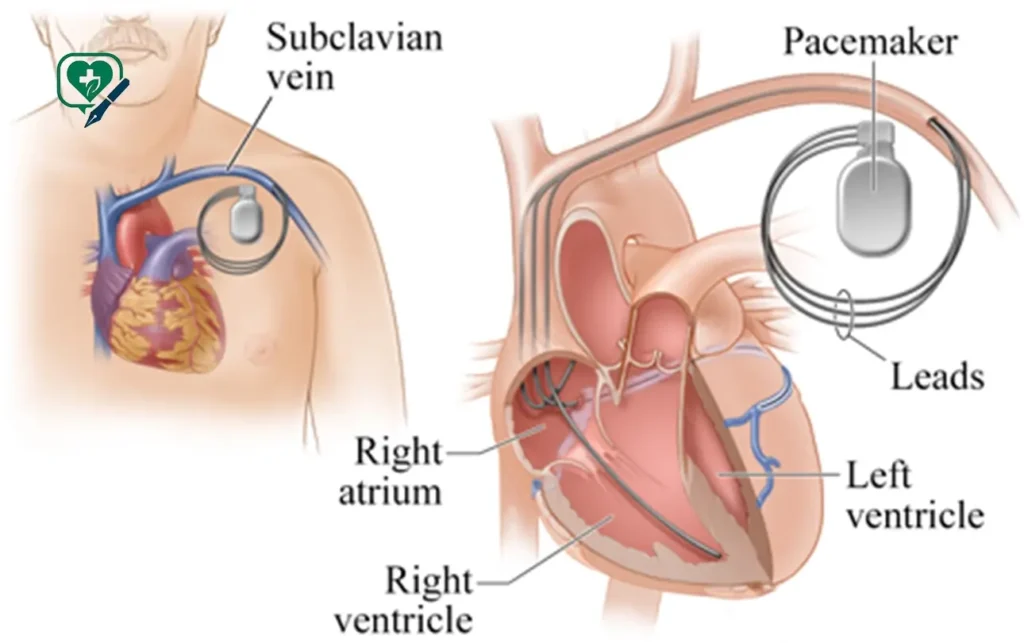
How the AICD Medical Abbreviation Device Operates:
An AICD comprises three main parts.
- Pulse Generator: This component includes battery and electronic circuitry to monitor heart rhythms and deliver shocks when necessary.
- Leads or wires: These components connect the pulse generator with the heart.
- Electrodes: Electrodes located at the tips of each lead detect heart rhythm and deliver energy directly to it.
Once implanted, this device continuously monitors your heart’s electrical activity and detects abnormal rhythms if they arise. Should one arise, electrical impulses–or sometimes shocks–are sent out in order to bring back its normal rhythm and restore heart function.
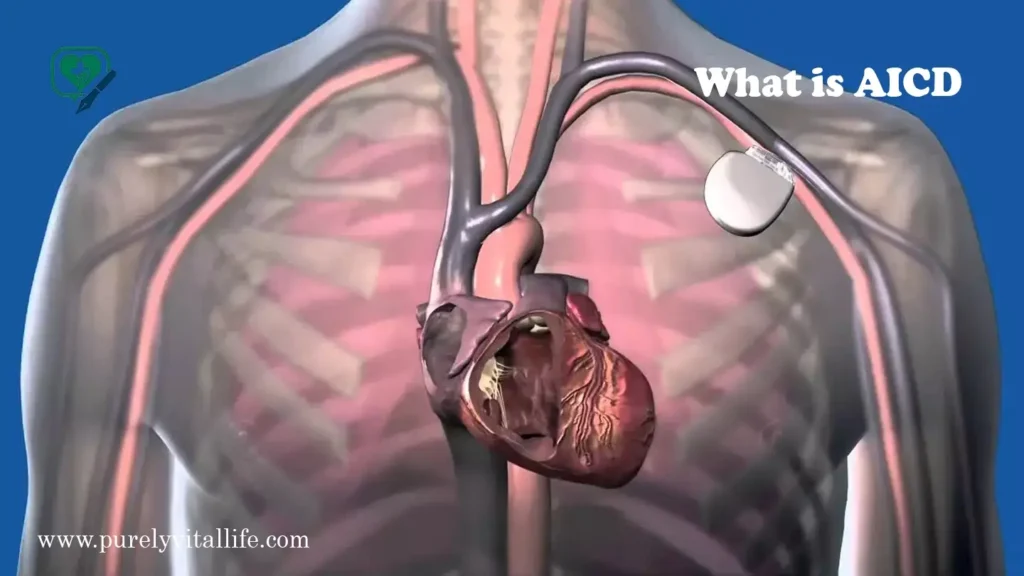
Who Needs an AICD?
Common Candidates for AICD Implimentation:
AICD stands for Automatic Implantable Cardioverter Defibrillator and may be recommended by doctors when discussing high-risk cardiac patients. An AICD could be appropriate for people who exhibit symptoms associated with arrhythmias such as:
- Have experienced and survived cardiac arrest before.
- History of VFib or VTachcardia
- An impaired heart muscle (ejection fraction less than 35%)
- Certain genetic conditions, including Long QT Syndrome and Hypertrophic Cardiomyopathy are known to exist.
AICDs can help reduce the risk of sudden cardiac death in those with known cardiovascular issues.
Importance of AICD Device in Cardiology:
AICD stands for more than just an implant; it represents a major step forward in cardiac care. Here’s why it matters so much:
- AICDs Can Save Lives: AICDs have an outstanding success rate at preventing sudden cardiac deaths.
- Automatic Response: These systems act quickly during life-threatening arrhythmias, even if the patient is unconscious.
- Long-Term Monitoring: AICDs can record information used by cardiologists to track heart health and optimize treatment plans.
At Purely Vital Life, we emphasize how innovations such as AICDs demonstrate how modern cardiology has the power to change lives for the better.
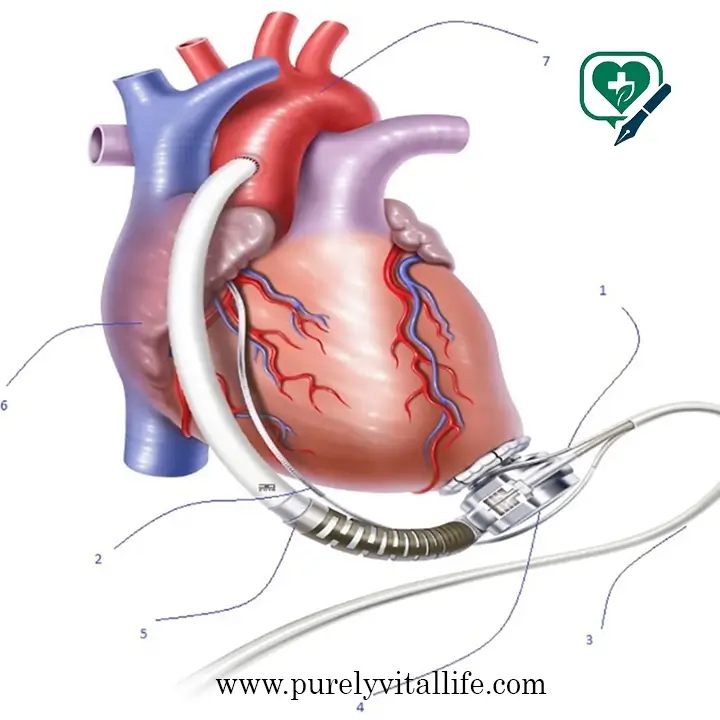
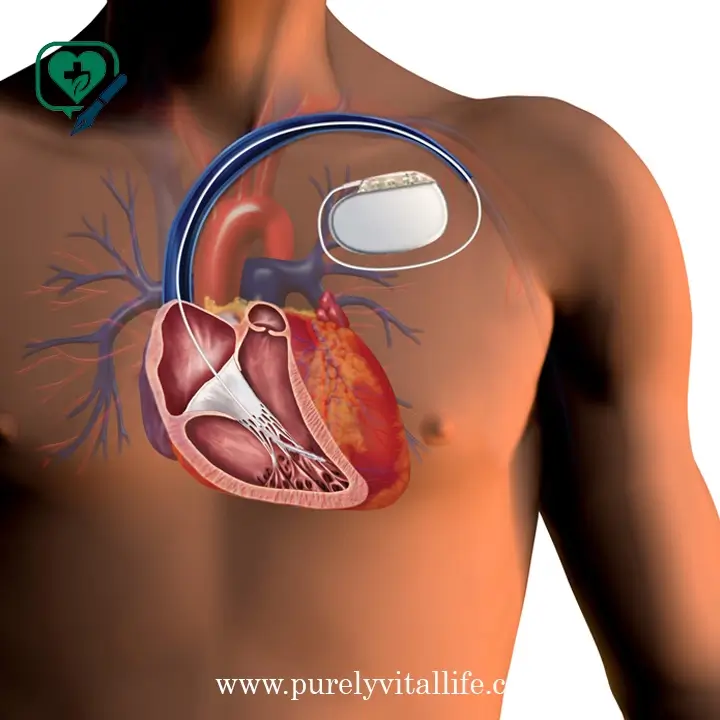
What to Expect Before and After AICD Implantation:
The Procedure:
Implanting an AICD typically takes between 1-2 hours under local anesthesia with sedation and involves:
- Create a small incision near the collarbone.
- Leads should be threaded through veins into the heart.
- Attaching leads to the pulse generator.
- Before closing an incision, test the device thoroughly to make sure it functions as intended.
Post-Procedure Care:
Care Following the Procedure; Patients typically:
- Spend one or two days at the hospital.
- Avoid lifting heavy objects for several weeks.
- Visit their cardiologist regularly for device inspection.
Follow all medical advice and precautions carefully, especially those related to magnetic fields which could interfere with your device.
Read More About Unlock Affordable Health Coverage Options with ACA Marketplace Insurance — >>>
Common Questions About the AICD Medical Abbreviation:
- Question#1: Is an AICD the Same as a Pacemaker?
Answer: AICD stands for Artificial Implantable Cardiac Defibrillator and it may not be confused with Pacemaker; an AICD corrects fast and dangerous arrhythmias by giving a shock that restores normal heart rhythms. - Question#2: Does an AICD Shock Hurt?
Answer: Patients may feel an initial jolt from an AICD shock; many describe this feeling as similar to being kicked in the chest; however, this only lasts a few seconds before it could save your life! - Question#3: Can an AICD Enable Me to Live a Regular Lifestyle?
Answer: Yes! With proper care, most patients return to their daily activities without interruption from an AICD. While certain contact sports or electronic devices should be avoided temporarily, AICDs generally improve quality of life while decreasing anxiety about heart health issues.
Risks and Complications to Consider:
AICD medical abbreviation has long been associated with positive outcomes; however, like any medical device it may pose risks such as:
- Implant Site Infection
- Lead dislodgment or malfunction
- Device-related anxiety: Very occasionally, shocks from devices can occur without being expected or intended.
However, these risks are rare and manageable with experienced cardiologists and consistent follow-up care.
AICD Medical Abbreviation in Global Cardiology Trends:
AICD Trends in Cardiology Cardiologists worldwide are witnessing an increased use of AICDs among high-risk populations. Newer models are smaller, more accurate, and MRI compatible making them more accessible and reliable than ever.
Studies show that AICDs can significantly lower mortality for those suffering with heart failure. That’s why at Purely Vital Life, we promote early diagnosis to ensure timely intervention.
Conclusion: Why AICD Medical Abbreviation Matters:
Understanding AICD is vitally important for patients, caregivers, and anyone interested in heart health. Whether at risk of arrhythmias or simply seeking more knowledge on cardiac care in general, this device stands as hope, prevention and innovation within modern medicine.
At Purely Vital Life, our aim is to simplify complex topics so you can make informed health decisions. An AICD may seem like a minor device; but its effects on cardiology and patient lives are immense.


